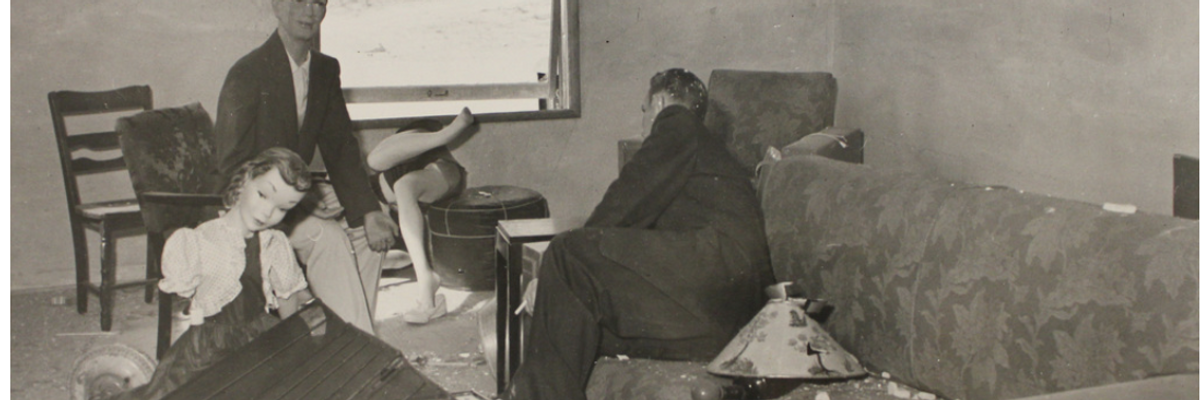On Tuesday, Biden signed a two-year extension of the Radiation Exposure Compensation Act (RECA), a 1990 law that provides one-time cash benefits to radiation victims that developed serious illnesses near the Nevada Test Site during the Cold War era nuclear testing.
The United States conducted nearly 200 atmospheric nuclear weapons development tests between 1945 and 1962 spreading radiation across several Western states and the South Pacific. All the while, the Atomic Energy Commission insisted to surrounding residents: “There is no danger.” After a series of lawsuits over radiation exposure and failure to warn residents, RECA was created by Congress as a “low-cost alternative to litigation.” RECA, which is also available to some uranium industry workers, has awarded over $2.5 billion in benefits to more than 39,000 claimants since 1990.
Many RECA advocates and affected communities believe a short-term extension alone is not enough. Despite overwhelming bipartisan support for the extension, there is a fierce debate over expanding RECA that centers around the question of increasing eligibility for “downwinders,” or people living near test sites that continue to suffer from the legacy of nuclear testing.
Istra Fuhrmann, the Program Assistant for Nuclear Disarmament and Pentagon Spending at the Friends Committee on National Legislation explained during a Ploughshares event on Wednesday;
“Right now it (RECA) covers some downwinders in Arizona, Nevada, and Utah, but has never included equally impacted people in New Mexico, the site of the world’s very first nuclear bomb detonation, or in places like Guam, Idaho, Montana, or Colorado which we know were all highly irradiated from US nuclear testing.”
The proposed Radiation Exposure Compensation Act Amendments of 2021 would address some of these concerns in geographic coverage. One of the co-sponsors of the legislation in the Senate, Senator Ben Ray Lújan (D-NM) urged his colleagues to extend and expand RECA, saying “the original RECA bill failed to recognize that radioactive fallout is not restricted by state lines. Unacceptably, RECA has continually left New Mexicans out. This is wrong.” Similarly, Guam is still not included, despite the National Research Council releasing a report confirming that “Guam did receive measurable fallout from atmospheric testing of nuclear weapons in the Pacific,” and recommended that people living on Guam during that period be eligible for reparations under RECA.
In addition to expanded eligibility for downwinders, the proposed RECA expansion would also triple compensation from $50,000 to 150,000, add medical benefits, increase eligibility to more uranium workers, and extend RECA until 2040.
While it’s a relief that nuclear weapons were never used in combat between the United States and Russia, that nightmare nuclear scenario was and is a reality for some. As one downwinder observed, “they test where they think there are populations that don’t matter.” An expansion of RECA would help provide compensation for those at home most imperiled by American foreign policy abroad.















